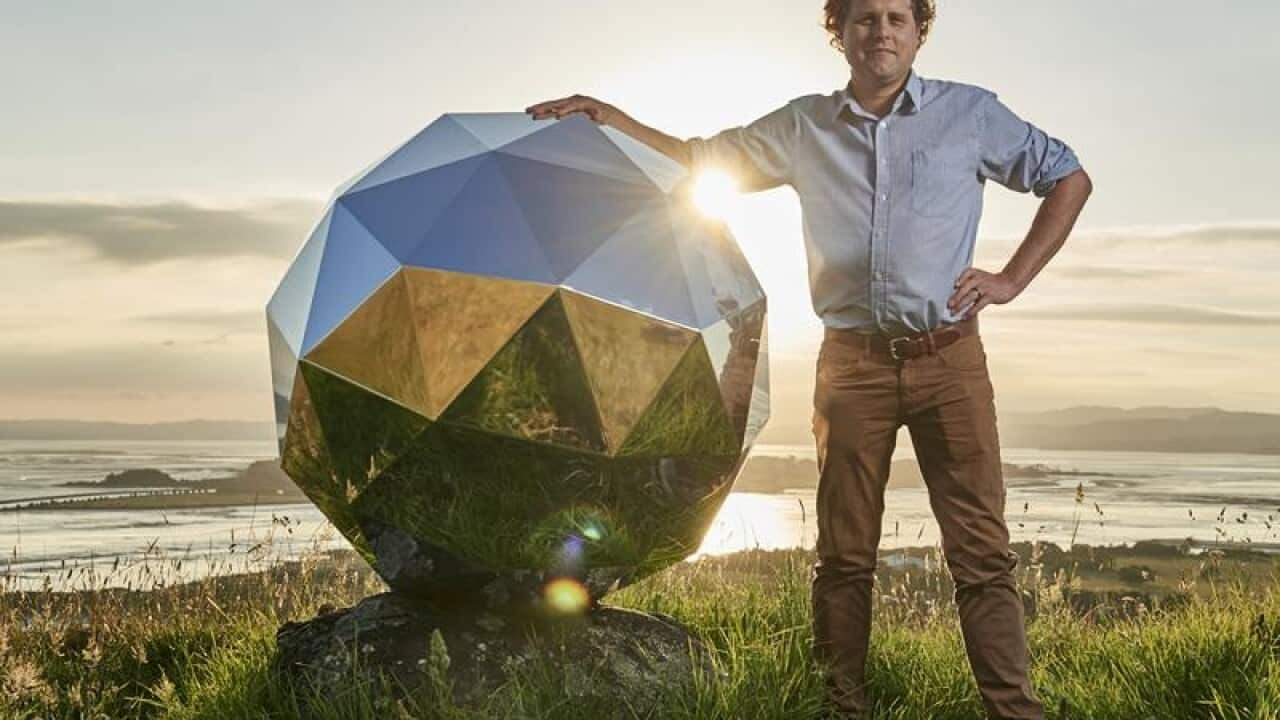When space start-up Rocket Lab shot its first launch vehicle into orbit on Sunday from New Zealand's North Island it was carrying much more than commercial satellites.
Rocket Lab founder Peter Beck said in a statement on Thursday that a one-metre-tall carbon fibre sphere, resembling an oversized disco ball with 65 reflective panels dubbed "Humanity Star", was also on board the 17-metre long rocket launched from the Mahia Peninsula.
"No matter where you are in the world, rich or in poverty, in conflict or at peace, everyone will be able to see the bright, blinking Humanity Star orbiting Earth in the night sky."
His hope was that everyone would look beyond the Humanity Star "to the expanse of the universe, feel a connection to our place in it and think a little differently about their lives, actions and what is important."
Once it has settled into orbit, Rocket Lab says the sphere will be visible at dawn and dusk from anywhere on Earth and is expected to be the brightest object in the night sky.
The satellite will orbit for nine months before burning up on re-entry into the Earth's atmosphere.
Rocket Lab's mission is to remove barriers to commercial space by providing frequent launch opportunities, aiming for weekly launches for commercial clients at a cost of approximately $NZD4.9 million ($AU4.5 million). In comparison, 82 launches were made worldwide last year.
Share

